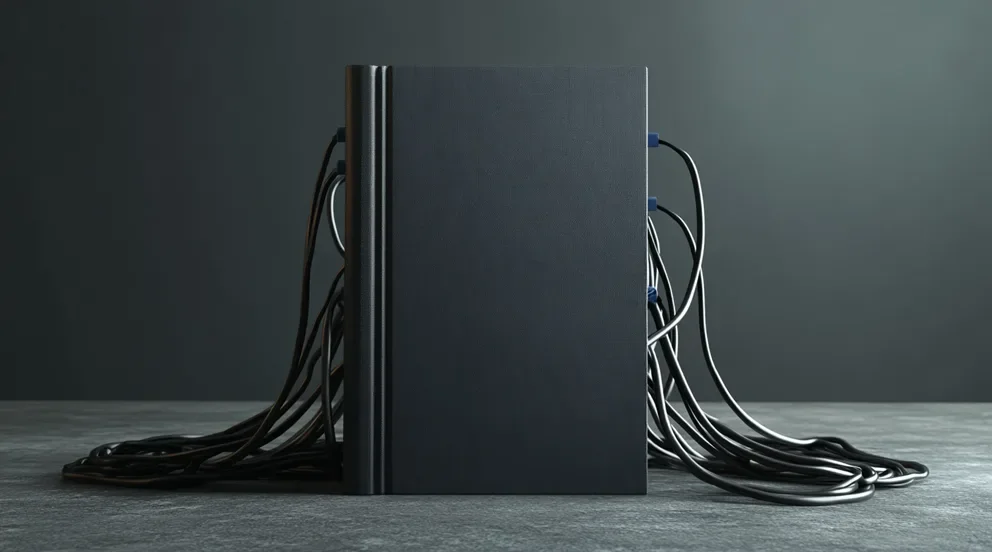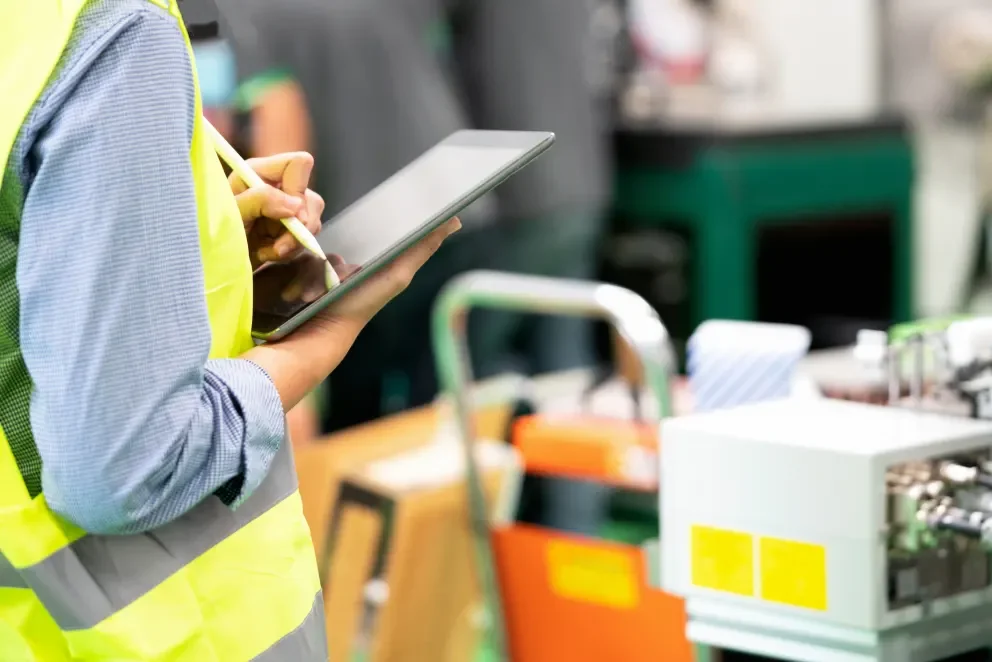A mechanical contractor is a licensed professional who specializes in the installation and maintenance of mechanical systems. These systems may include heating, ventilation, air conditioning, plumbing, and other associated equipment. Mechanical contractors are responsible for ensuring that the systems are operating efficiently, safely, and in compliance with local codes and regulations.
Mechanical contractors are typically hired by building owners and developers to install, repair, and maintain mechanical systems, such as HVAC, plumbing, and other related equipment. They are also responsible for performing assessments of existing mechanical systems and providing recommendations on repairs and upgrades.
In addition to performing installation and maintenance, mechanical contractors may also provide design and drafting services. This may include drawing up plans for new systems or modifications to existing ones. They may also be involved in the selection of materials and components, and in the installation of those components.
Mechanical contractors must have a thorough knowledge of mechanical systems and how they interact with the building environment. They must also be familiar with local codes and regulations, and be able to interpret those regulations when needed. In order to become a mechanical contractor, individuals must have a bachelor’s degree in engineering or a related field and must pass a licensing exam.
Mechanical contractors are essential for keeping mechanical systems running safely and efficiently. By hiring a qualified and experienced mechanical contractor, building owners, and developers can ensure that their mechanical systems are up to code and operating at peak efficiency.
What are the essential skills to have to become a Mechanical Contractor?
To become a successful mechanical contractor, individuals must possess a number of essential skills. These include:
-Thorough knowledge of mechanical systems, including heating, ventilation, air conditioning, and plumbing.
-Understanding of local codes and regulations, and the ability to interpret them when necessary.
-Excellent problem-solving skills to diagnose and troubleshoot mechanical issues.
-Ability to read and understand technical plans and drawings.
-Strong communication and customer service skills to effectively interact with clients.
-Knowledge of safety protocols and guidelines to ensure the safety of personnel and equipment.
-Ability to work independently and as part of a team.
-Proficiency in the use of hand and power tools.
-Knowledge of fabrication processes, including welding and pipefitting.
-Time management and organizational skills.
-Knowledge of computer-aided design and drafting (CAD) software.
These skills are essential for successful mechanical contractors, and many employers require that applicants have these qualifications. Individuals who have a bachelor’s degree in engineering or a related field and who are able to pass a licensing exam may be eligible for a mechanical contractor position.
What qualifications are needed to become a mechanical contractor?
To become a mechanical contractor, individuals must have a bachelor’s degree in engineering or a related field and must pass a licensing exam. Depending on the area, states may also require that mechanical contractors have a contractor’s license and additional qualifications such as a Journeyman’s card or an HVAC certification.
In addition to the educational and licensing requirements, mechanical contractors must also possess a number of essential skills. These include a thorough knowledge of mechanical systems and local codes and regulations; excellent problem-solving and communication skills; the ability to read and understand technical plans and drawings; knowledge of safety protocols and guidelines; proficiency in the use of hand and power tools; knowledge of fabrication processes; and proficiency in the use of computer-aided design and drafting (CAD) software.
Lastly, mechanical contractors must be able to work independently and as part of a team, as well as be organized and able to manage their time effectively. With the right qualifications and skills, individuals can pursue a successful career as mechanical contractors.
What types of mechanical systems do mechanical contractors install and maintain?
Mechanical contractors install and maintain a variety of mechanical systems, including heating, ventilation, air conditioning (HVAC), plumbing, electrical wiring, and cooling systems. Mechanical contractors are also responsible for maintaining boilers, chillers, and other large-scale equipment. They often use computer-aided design (CAD) software to create detailed drawings of their designs before beginning any installation or repair work.
Additionally, mechanical contractors perform preventive maintenance on all types of mechanical systems in order to keep them running safely and efficiently. This may include inspecting buildings for proper ventilation and checking for faulty wiring or plumbing connections.
Finally, mechanical contractors provide consultation services to building owners, developers, and other clients regarding the installation of new mechanical systems or modifications to existing ones. They also provide advice on proper maintenance and safety protocols for mechanical systems. With the right qualifications, mechanical contractors can find a rewarding career in this field.
What safety protocols and guidelines must mechanical contractors be familiar with?
Mechanical contractors must be familiar with safety protocols and guidelines in order to ensure the safety of personnel and equipment. This includes being aware of local codes and regulations, as well as OSHA guidelines for working in potentially hazardous environments. Mechanical contractors should also obey all manufacturer’s instructions when installing or repairing mechanical systems, in order to prevent any potential injuries or accidents.
Mechanical contractors must wear protective gear when working on any type of machinery, such as gloves, hard hats, eye protection, steel-toed boots, respirators, and flame-resistant clothing. They should also be sure to keep their work area clean and organized so that they can easily spot potential hazards like loose wiring or leaks. Lastly, it is important for mechanical contractors to be aware of their surroundings and the potential risks associated with their job. By following these safety protocols, mechanical contractors can ensure that everyone remains safe while they are on the job.
What are the most common issues that arise in mechanical systems?
The most common issues that arise in mechanical systems are caused by wear and tear, improper installation or maintenance, and environmental factors. Mechanical components can wear out over time due to regular use, which can lead to problems such as leaks or decreased efficiency. Improper installation or maintenance of a system can also cause issues with its operation. Finally, environmental factors such as dust, dirt, and extreme temperatures can also have an impact on the performance of a mechanical system.
Mechanical contractors must be knowledgeable about these common issues so they are prepared when they encounter them on the job. They should also be able to quickly diagnose any problems and make repairs in order to keep the system running safely and efficiently. By doing this, mechanical contractors can help prevent further damage and downtime, which can save time and money.
What are the benefits of hiring a professional mechanical contractor?
Hiring a professional mechanical contractor is beneficial because they have the knowledge and experience necessary to ensure that your system is properly installed or repaired. A professional will also be able to make sure that safety protocols are followed in order to protect personnel and equipment. Professional contractors can also help ensure that all systems are running efficiently and identify any potential issues before they become serious problems.
Lastly, hiring a professional mechanical contractor gives you peace of mind knowing that your system has been installed or repaired correctly. They will be knowledgeable about local codes and regulations, as well as OSHA guidelines for working in hazardous environments, so you can rest assured that the job has been done safely and properly. Hiring a professional mechanical contractor is an investment in the safety and performance of your system.
What are some qualifications that potential employers look for when hiring a mechanical contractor?
Potential employers typically look for mechanical contractors who have specialized training or certifications in the field. They may also require that applicants have certain levels of experience in installation, maintenance, and repair work. Employers may also be interested in hiring candidates who have knowledge of local codes and regulations as well as familiarity with OSHA standards. Additionally, many employers prefer to hire contractors who can demonstrate problem-solving skills and a commitment to safety on the job site. Finally, having excellent communication and customer service skills is essential, as mechanical contractors often work with other professionals in order to provide the best possible results.
What is the scope of a mechanical contractor’s job?
The scope of a mechanical contractor’s job can vary greatly depending on the project. Generally, they are responsible for the design and installation of complex systems such as heating, ventilation, and air conditioning (HVAC) systems. They also may be involved in routine maintenance and repair work to keep these systems running efficiently. Additionally, mechanical contractors may be called upon for troubleshooting or problem-solving tasks when issues arise with a system. Other duties that mechanical contractors may perform include overseeing safety protocols on the job site, ensuring compliance with local codes and regulations, working with other personnel or vendors to ensure the timely completion of projects, and providing customer service. Overall, mechanical contractors play an important role in keeping large-scale systems functioning safely and efficiently.
It is important to remember that mechanical contractors must be knowledgeable about all aspects of the job in order to provide quality service. They should also possess excellent problem-solving skills, customer service skills, and safety protocols in order to ensure that projects are completed successfully. By hiring a professional mechanical contractor, you can rest assured knowing your system will be installed or repaired correctly and with the utmost care.
What tools do mechanical contractors use in their work?
Mechanical contractors use a variety of tools to complete their work, depending on the job at hand. Commonly used tools include screwdrivers and wrenches for assembly and disassembly, mills and drills for cutting into metal or other material, welding equipment to join components together, saws for making precise cuts in various materials, testing equipment such as thermometers and pressure gauges to ensure systems are running properly and safely, hammers for breaking up concrete or rock, piping benders for bending tubes or pipes into the proper shape, power tools such as grinders, sanders, router tables, and air compressors for construction projects. Additionally, some mechanical contractors may also use computers or other electronics to assist with calculations.
How do mechanical contractors ensure that systems are operating efficiently and safely?
Mechanical contractors take several steps to ensure that systems are operating efficiently and safely. This includes performing routine maintenance and repairs, conducting inspections to identify potential problems, testing equipment to make sure it is functioning properly, complying with local codes and regulations, following safety protocols, and using appropriate tools for the job. Additionally, they may employ other professionals in order to complete certain tasks or consult with experts when needed. By taking these steps, mechanical contractors can help clients get the most out of their system while ensuring its long-term durability and performance.
By hiring a professional mechanical contractor, you can be sure that your system will be installed correctly and that it is running efficiently and safely. A reputable contractor will also have experience working on all types of systems and be knowledgeable about the latest technologies, regulations, and safety protocols. With their expertise, you can rest assured that your system will receive the best possible care.
What is the role of a mechanical contractor in the design and installation of new systems?
A mechanical contractor plays a key role in the design and installation of new systems. They are responsible for overseeing the entire process, from obtaining necessary permits and materials to ensuring compliance with local codes and regulations. Additionally, they may provide input on the best system design based on their expertise and experience. During the installation process, they will oversee all aspects of the job, including performing tests to make sure all components are functioning properly and that the system is operating safely and efficiently. By doing this, it ensures that any potential problems are identified before the system is put into use. In short, a reputable mechanical contractor can help ensure that your new system is designed correctly and installed quickly so you can get back to business as usual.



